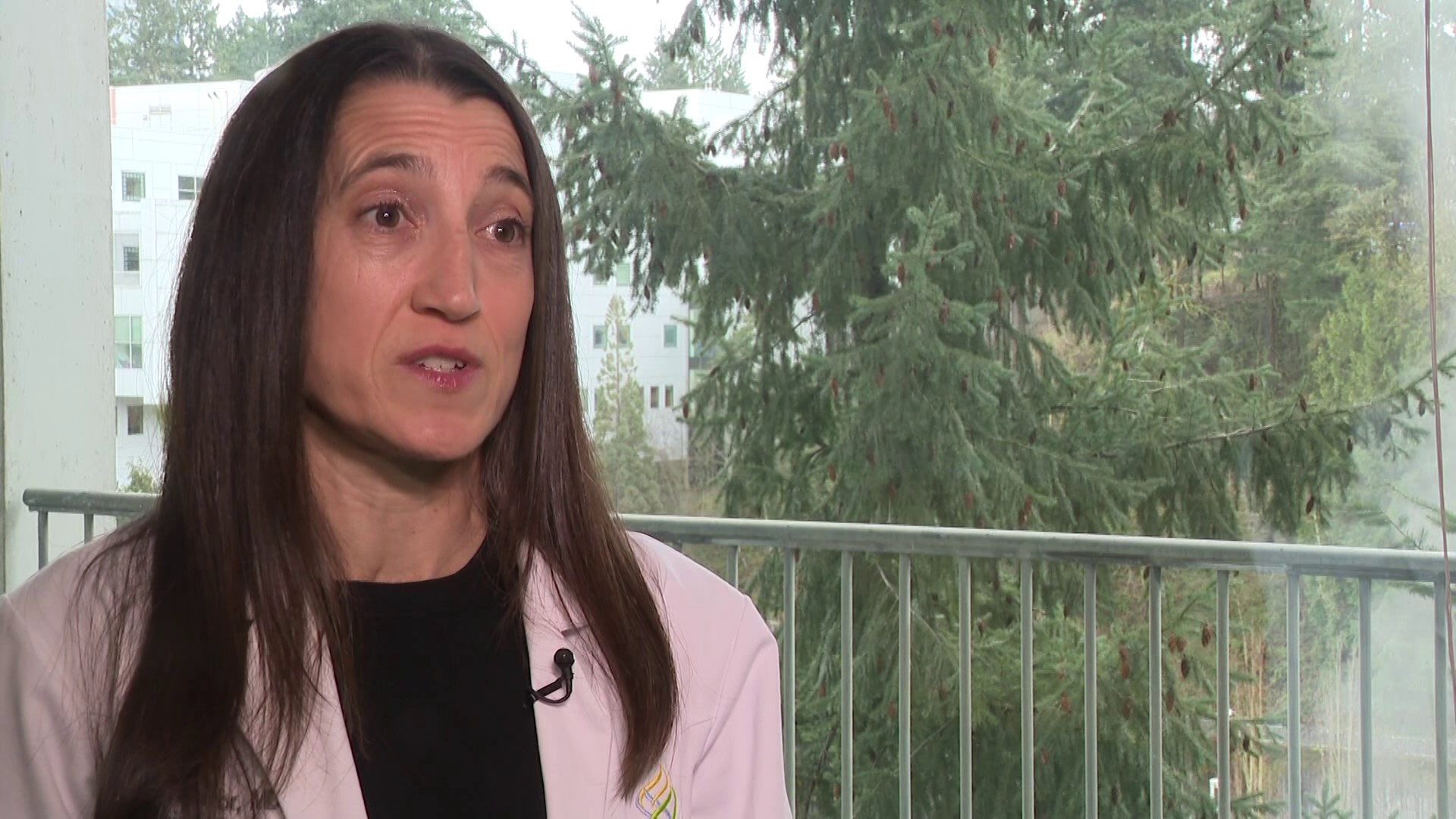PORTLAND, Ore. — Dr. Amy Cantor, associate professor at OHSU, says it's not enough for women to go to the doctor when they're in pain — they've got to go before there's an issue and get regular check-ups.
It's called preventive care.
"It's important for women to understand that access to preventive services and understanding preventive services can help them detect diseases early, screen for conditions," Cantor said.
Cantor said those conditions are mostly determined by a woman's age, risk factors and exposure.
For instance, Cantor said, "When you're coming to your doctor in your twenties, there are certain services that you're eligible for, such as screening for cervical cancer, screening for sexually transmitted infections."
As women get older, there are certain screenings that are important depending on the decade of life.
"Lots of women have questions about breast cancer, about screening for osteoporosis and bone disease, about screening for colon cancer. These are all important for women to ask their doctors about," she said.
RELATED: US maternal deaths more than doubled over two decades in unequal proportions for race and geography
Regardless of age, women can get those screenings without paying anything out of pocket.
"What I mean by eligible is they're covered under the Affordable Care Act, and women can go on websites such as healthcare.gov or womenspreventivehealth.org to look at the type of services you're eligible for," Cantor said.
Cantor added that while it's important for everyone to get preventive care, some women face barriers to healthcare.
"There are huge disparities in the outcomes for women. We see this in the maternal mortality outcome. We see this in the rate of cancer treatment and access to services," Cantor said.
Dr. Cantor says it doesn't matter your age, race or socioeconomic status; all women should have the opportunity to get the care they need.
She added that it's important for women to speak up and advocate for themselves — if you feel like something is wrong or doesn't feel quite right with your body, let your doctor know. Cantor says your doctor can then order more tests to find out what's going on.
For more information, you can check out OHSU's Center for Women's Health.

